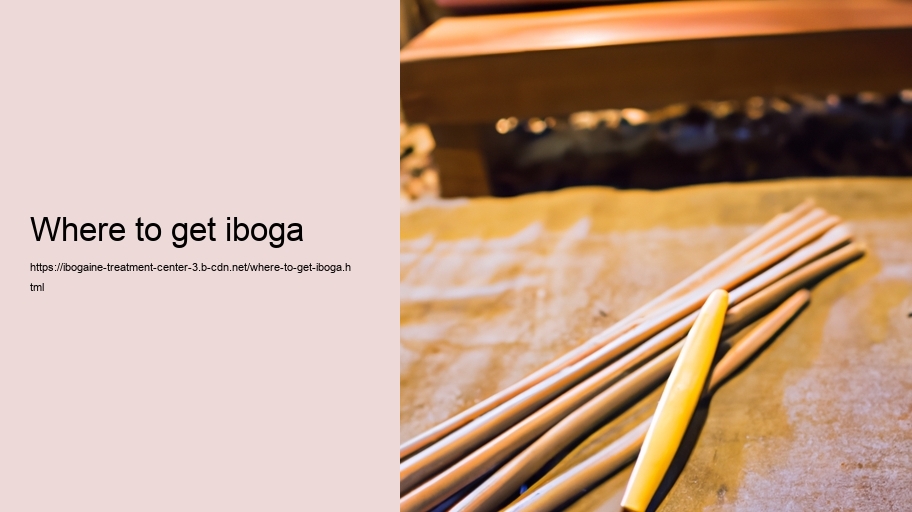Title: The Search for Iboga: Understanding Access and Legality
The quest to obtain iboga, a powerful plant with deep cultural roots and potential therapeutic uses, is one that must be approached with respect, caution, and a thorough understanding of the legal and ethical implications. Iboga, derived from the root bark of the Tabernanthe iboga shrub native to Central West Africa, particularly Gabon, has been used for centuries by indigenous communities for its psychoactive properties during spiritual ceremonies. In recent years, its active alkaloid, ibogaine, has gained interest in Western medicine for its potential in treating addiction and various psychiatric disorders.
For those seeking to experience the traditional or medicinal benefits of iboga outside of its native habitat, it's essential first to consider the legal status of this potent plant in your region. Iboga is classified differently around the world; while it's considered sacred and legal within certain African nations like Gabon where it's integral to Bwiti religious practices, it is strictly controlled or banned in other countries due to concerns over safety and abuse.
In countries where iboga is not prohibited by law – such as Canada or Mexico – there are treatment centers that offer ibogaine therapy under medical supervision. These facilities cater primarily to individuals struggling with substance abuse issues who seek alternative treatments when conventional methods have failed. It's crucial for anyone considering this route to conduct extensive research into these centers' credibility, ensuring they operate ethically with qualified healthcare professionals.
Another avenue pursued by some is participating in ceremonial contexts within countries where usage aligns with local traditions and regulations. This often involves traveling directly to places like Gabon or Cameroon and engaging with communities who have preserved their ancestral practices surrounding iboga use.
However, accessing iboga purely out of curiosity without appreciation for its cultural significance can be seen as exploitative. Moreover, there are significant risks associated with consuming iboga without proper guidance due to its intense effects on both the mind and body which can include complex visions as well as nausea and potential cardiac complications.
If you're residing in a country where iboga is illegal (for instance, the United States), attempting to acquire it could lead not only to severe legal repercussions but also endanger your health if sourced illicitly without any quality control measures. In such scenarios – no matter how compelling the anecdotal evidence supporting its benefits might be – it’s paramount that one respects the boundaries set by local authorities regarding controlled substances.
Given these complexities surrounding access points for legitimate use of ibogaine or participation in traditional rituals involving iboga consumption - coupled with varying international laws - education becomes key before embarking on any search for this profound yet potentially hazardous plant.
Furthermore, advocacy work continues among researchers who aim at changing regulatory frameworks so that further clinical studies can explore ibogaine’s full therapeutic spectrum under safe conditions. Until then however discretion patience responsible decision-making must guide anyone intrigued by what remains an elusive though fascinating botanical specimen within our global biodiversity tapestry
In summary sourcing authentic experiences with ballast rooted firmly respect tradition legality medical oversight right path forward anyone drawn towards mysterious allure Iboga may hold As we tread carefully through labyrinth governance personal ethics let us never forget solemn weight responsibility carries alongside curiosity healing ambitions
